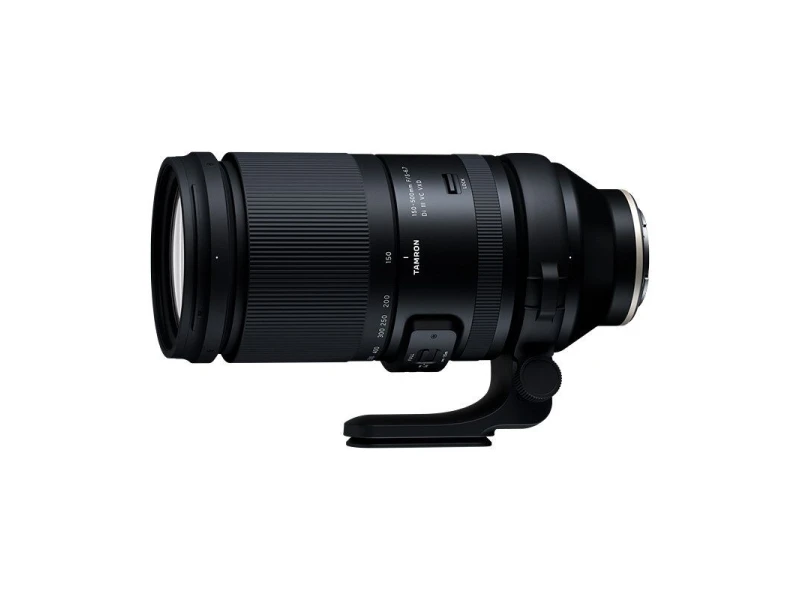Zeiss Batis Apo-Sonnar 2.8/135 T* vs Tamron 150-500/5-6.7 Di III VC VXD Sony
Zeiss Batis Apo-Sonnar 2.8/135 T* vs Tamron 150-500/5-6.7 Di III VC VXD Sony
When comparing Tamron 150-500/5-6.7 Di III VC VXD Sony and Zeiss Batis Apo-Sonnar 2.8/135 T*, which one is better?
1. Lens Mount Comparison
These two lenses use the same lens mount, the Sony E. This means that both lenses are compatible with cameras that use this mount.
Winner: Tied
Regarding lens mount: Popular lens mounts are Canon RF and EF, Micro Four Thirds and Nikon Z. Different lens mounts lets you connect different lenses to camera bodies, but some might not be compatible. This can be helped by using an adapter, like a Canon EF to RF adapter.
2. Largest Aperture Comparison
The Zeiss Batis Apo-Sonnar 2.8/135 T* has the largest aperture of the two lenses at 2.8 compared to the 5 - 6.7 aperture of Tamron 150-500/5-6.7 Di III VC VXD - Sony. This means that you get more light to your sensor using Zeiss Batis Apo-Sonnar 2.8/135 T* wide open, and therefore it might be a better lens in dark situations.
Winner: Zeiss Batis Apo-Sonnar 2.8/135 T*
Regarding largest aperture: A lower aperture number means that the widest aperture on the lens is larger. This means that more light will hit the sensor and also that the depth of field will be shallower, better separating your subject from the background.
3. Lens Type Comparison
The Zeiss Batis Apo-Sonnar 2.8/135 T* is a Prime lens while the Tamron 150-500/5-6.7 Di III VC VXD - Sony is a Zoom lens. Whether or not a zoom lens or a prime lens is what you need, is up to you to decide; they both have their respective strengths and weaknesses.
Winner: Tied — It depends on your gear
Regarding type: There are two types of lenses; zoom lenses and prime lenses. Prime lenses have a fixed focal length and cannot be zoomed, while zoom lenses have a focal length range and can be zoomed in to get closer to the subject. Prime lenses are usually lighter, cheaper and let in more light. Zoom lenses are more versatile but are more expensive since they require a more advanced lens design.
Specifications
Full specifications table of Zeiss Batis Apo-Sonnar 2.8/135 T* and Tamron 150-500/5-6.7 Di III VC VXD Sony:
| Zeiss Batis Apo-Sonnar 2.8/135 T* | Tamron 150-500/5-6.7 Di III VC VXD - Sony | |
 |  | |
| Brand | Zeiss | Tamron |
| Weight | Missing | 1720 g |
| Lens Mount | Sony E | Sony E |
| Focal Length | 135 mm | 150 - 500 mm |
| Largest Aperture | 2.8 | 5 - 6.7 |
| Anamorphic | Missing | No |
| Minimum Focus Distance | Missing | 60 cm |
| Type | Prime | Zoom |
| Aperture Range | Missing | 5 - 32 |
| Filter Thread Diameter | Missing | 82 |
| Lens Front Diameter (Not Filter Thread) | Missing | 93 mm |
| Aperture Blades | Missing | 7 |
| Lens Groups | Missing | 16 |
| Lens Elements | Missing | 25 |
| Image Stabilization | Missing | Yes |
| Autofocus | Missing | Yes |
| Macro | Missing | No |
| Weather Seal | Missing | Yes |
| Full Frame Coverage | Missing | Yes |
| Lens Hood Included | Missing | Yes |
